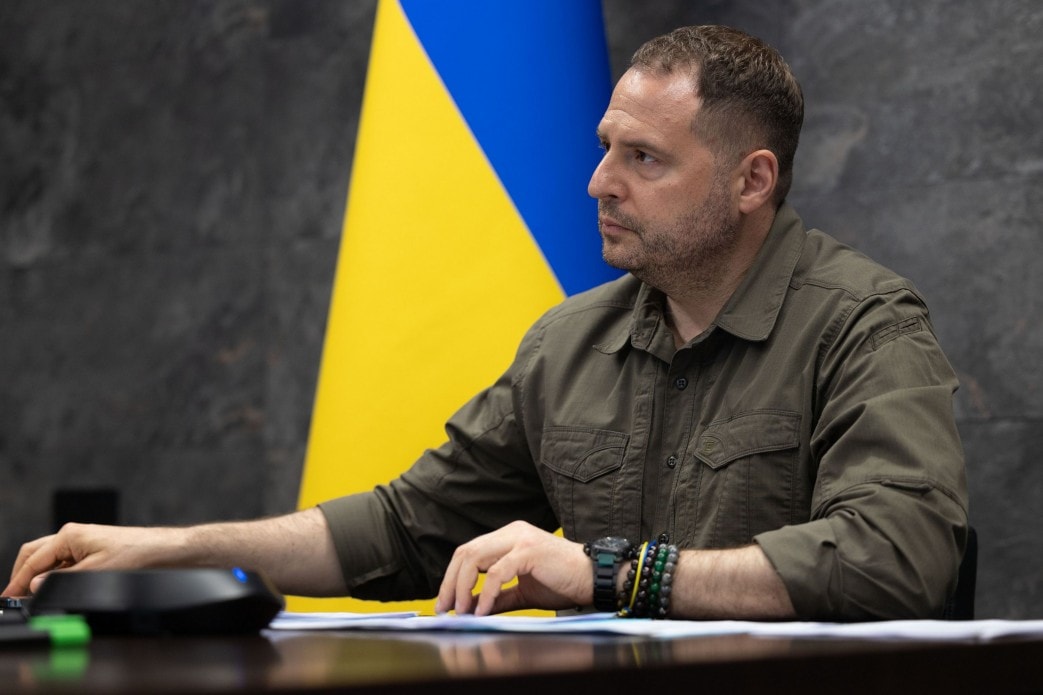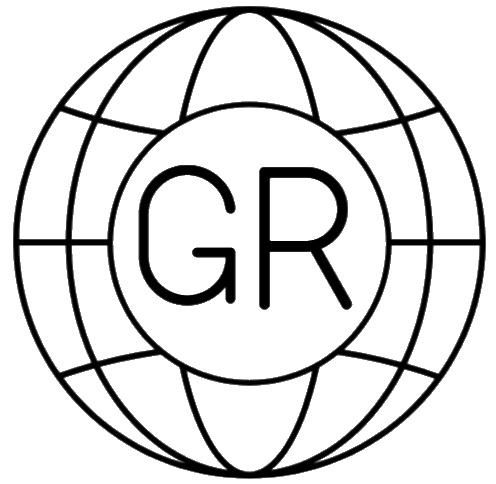
Andriy Yermak’s Expanding Influence in Ukraine’s Wartime Leadership
Andriy Yermak, President Volodymyr Zelenskyy’s chief of staff, has steadily emerged as one of the most influential—and controversial—figures in Ukraine's wartime government. Often described as Zelenskyy’s closest confidant, Yermak's role goes far beyond the traditional responsibilities of a chief of staff. In many ways, he is functioning as a de facto wartime vice-president, shaping Ukraine’s military, diplomatic, and information strategies with increasing authority.
A Central Node in Ukraine's Power Structure
Since the start of Russia’s full-scale invasion in February 2022, Yermak has become central to nearly every key decision in Kyiv. His influence extends across several domains:
Military Coordination: While not a general or part of the armed forces, Yermak plays a key role in liaising between the military command and the president. He has input into major appointments, strategic messaging, and international military aid negotiations.
Diplomatic Leadership: Yermak co-chairs the U.S.-Ukraine Strategic Partnership Commission, works directly with national security advisers from the U.S., EU, and other allied countries, and leads negotiations over security guarantees and post-war peace frameworks. His office has spearheaded the Ukrainian “Peace Formula,” a diplomatic initiative aimed at rallying international support around a Ukrainian vision for ending the war.
Media and Narrative Control: Yermak is widely seen as the architect of Ukraine’s international media strategy, shaping how Kyiv presents its story to the world. His office manages high-level communications with Western media, coordinates messaging for government officials, and plays a major role in countering Russian disinformation.
Controversy and Criticism
Yermak's expanding role has not gone unnoticed—or uncriticized. Detractors accuse him of concentrating too much power, undermining formal institutions like the Ministry of Foreign Affairs and the National Security and Defense Council. Some military figures and opposition politicians suggest that Yermak’s political maneuvering occasionally interferes with operational matters best left to generals.
Additionally, there are concerns about opacity and loyalty-based appointments. Critics argue that Yermak’s inner circle is tight-knit and difficult to penetrate, which can stifle dissent or alternative strategies. There have also been whispers of internal friction between Yermak and other powerful wartime figures, such as former defense minister Oleksii Reznikov and General Valerii Zaluzhnyi, whom Zelenskyy dismissed earlier in 2024.
Strategic Asset or Centralized Risk?
To his supporters, Yermak is a strategic asset—resilient, loyal, and uniquely positioned to execute Zelenskyy’s vision. His legal background, fluency in English and Russian, and experience in the entertainment industry (prior to 2019) have given him a rare ability to operate effectively across multiple arenas. In a time of war, they argue, Ukraine needs such a centralized, trusted operator to act swiftly and maintain cohesion.
However, his detractors worry that such centralized power lacks adequate checks and balances, especially as Ukraine navigates crucial years of war, Western aid dependency, and fragile democratic institutions.
A Lasting Political Force?
Whether Yermak’s influence will persist after the war remains uncertain. If Ukraine wins decisively under Zelenskyy's leadership, Yermak could solidify his role as a foundational figure in modern Ukrainian statecraft. If public sentiment shifts—especially in the wake of heavy casualties, corruption scandals, or strategic failures—he could become a focal point for accountability and opposition.
For now, however, Andriy Yermak remains one of the most powerful unelected officials in Europe—central to both Ukraine’s resilience and its internal political evolution.
Author: Global Ripple
Posted on: July 24, 2025
 Global Ripple
Global Ripple